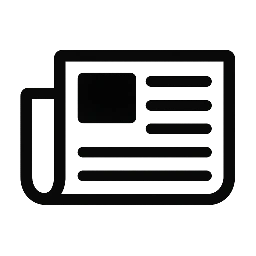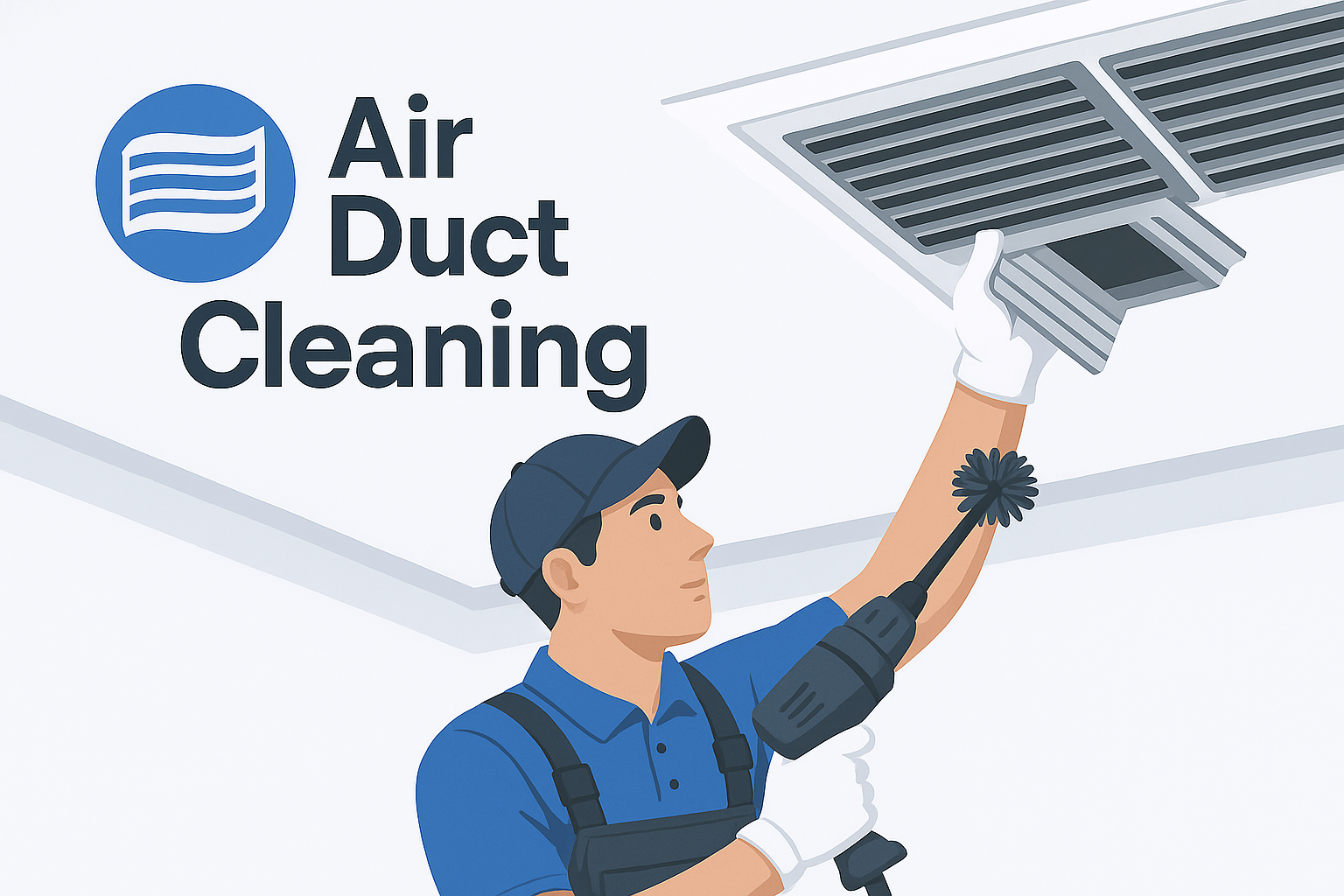Air duct cleaning is an essential part of maintaining a safe and efficient HVAC system. A well-prepared approach ensures the process is completed efficiently, reduces downtime, and maximizes the benefits for indoor air quality. Whether for residential or commercial spaces, readiness before the technician arrives can help avoid disruptions and unnecessary costs. Proper preparation also allows professionals to access the ductwork more effectively, improving results for Air Duct cleaning Arlington.
Why It Matters
Air ducts circulate air throughout the property, influencing both comfort and health. Over time, dust, debris, mold, and even pests can accumulate in the ductwork. This buildup not only affects air quality but can also put extra strain on the HVAC system, leading to higher energy bills. According to the Environmental Protection Agency (EPA), indoor air can be two to five times more polluted than outdoor air, which means regular duct cleaning should be part of a property maintenance plan. For further insight on dealing with pest infestations, see how professionals handle pet and bird infestations in San Antonio.
Common Problems
Without regular cleaning, ducts can develop several issues. Dust and allergens may circulate through the air, triggering respiratory problems. Mold growth can occur when moisture enters the system, posing serious health risks. Pests such as rodents or birds can nest in ducts, contaminating the air and causing unpleasant odors. In addition, blockages can reduce airflow, forcing the HVAC system to work harder. Improper installation of related equipment can also lead to repair needs; learn more in this pellet stove installation guide.
Key Benefits
Preparing for duct cleaning ensures that the process runs smoothly and that the benefits are maximized. Key advantages include improved indoor air quality, increased HVAC efficiency, reduced allergens, and prevention of costly repairs. Well-maintained ducts can also extend the lifespan of the HVAC system. In some climates, choosing the right materials for related ventilation components is crucial—see the best materials for dryer vent covers in San Antonio weather.
The Role of Central Air Duct Cleaning
Central Air Duct Cleaning plays a critical role in maintaining consistent air quality across a property. In a centralized system, all rooms are connected to the same network of ducts, meaning any contamination can spread quickly. Preparing for this process includes ensuring clear access to vents, moving furniture, and identifying any known airflow issues. For properties with older heating systems, it’s worth reviewing whether chimney or vent updates are needed, such as chimney relining for older Phoenix homes or evaluating stainless steel chimney liners for Baltimore homes.
Cost Breakdown
The cost of air duct cleaning can vary depending on the size of the system, the level of contamination, and additional services required. Below is a general pricing guide:
| Service Type | Average Cost (USD) |
| Basic Air Duct Cleaning | $300 – $500 |
| Mold Remediation | $500 – $1,000 |
| Pest Removal & Cleaning | $200 – $600 |
| Full HVAC System Cleaning | $500 – $1,200 |
Disclaimer: Prices are estimates and can vary based on location, accessibility, and service provider. Additional fees may apply for severely contaminated or hard-to-reach systems.
Key Features
A well-prepared air duct cleaning appointment includes:
- Clear access to vents and registers – Move furniture and belongings away from access points.
- System shutdown – Turn off the HVAC system before the appointment.
- Pre-inspection – Identify areas of concern, such as poor airflow or odors.
- Filter replacement – Have a new filter ready for installation after cleaning.
- Moisture control check – Ensure there are no leaks contributing to mold growth.
As HVAC expert Daniel Hartwell notes, “Preparation is not just about convenience—it’s about ensuring the technician can perform a thorough, safe, and efficient service that delivers long-lasting results.”
Conclusion
Preparing for air duct cleaning is a straightforward yet crucial step in maintaining indoor air quality and HVAC performance. From clearing access points to reviewing system concerns, a few simple actions can help ensure the process is efficient and effective. Whether you require standard service or more complex work such as mold remediation or pest removal, being proactive will maximize both health and energy benefits. Incorporating professional guidance and understanding related ventilation considerations ensures that your property remains safe, comfortable, and energy-efficient for years to come.
Q: Can duct cleaning help with allergies?
A: Yes, removing dust, pollen, and mold spores from the system can reduce triggers for allergy and asthma symptoms.
Q: How often should air ducts be cleaned?
A: Every 3–5 years is recommended, though homes with pets, smokers, or allergy sufferers may require more frequent cleaning.
Q: Can duct cleaning help with allergies?
A: Yes, removing dust, pollen, and mold spores from the system can reduce triggers for allergy and asthma symptoms.
Q: Is air duct cleaning messy?
A: Professional services use specialized vacuum systems and protective barriers to minimize mess and debris.
Q: How often should air ducts be cleaned?
A: Every 3–5 years is recommended, though homes with pets, smokers, or allergy sufferers may require more frequent cleaning.

